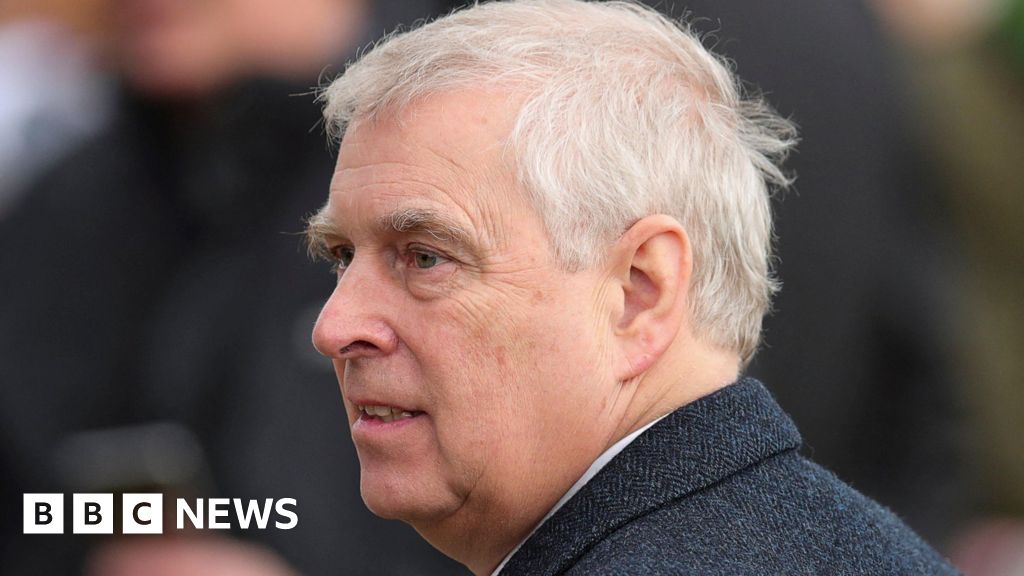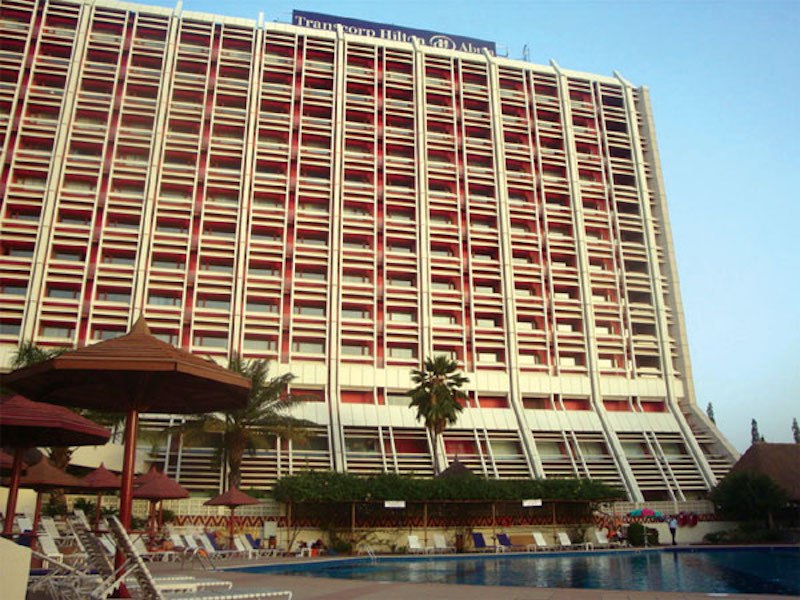
The CEO of Landmark Group, Paul Onwuanibe.
The founder of Landmark Africa Group, Paul Onwuanibe, has spoken about the devastating impact of the sudden demolition of Landmark Leisure Beach, which wiped out over $30 million in investments and left thousands of lives disrupted.
Speaking on The KK Show via YouTube on Sunday, Onwuanibe described the emotional and financial toll of the event, which took place with just seven days’ notice.
“Let’s put this into perspective; Landmark consists of three parts—our business, our leisure, and our lifestyle. What was demolished was our leisure business, a significant part of both our revenue and our physical infrastructure. The initial reaction was shock, and then anger. You go through the five stages of grief—shock, anger, bargaining, concern, and finally acceptance,” he said.
Onwuanibe revealed that the beach site had been acquired in 2006 for $17 million and further developed with a $30 million loan secured abroad.
“It was my life’s work—27 years of hunting, farming, and working. Six years ago, we borrowed $30 million to develop that beach. Half of that money was spent on infrastructure you couldn’t even see, like underground drainage, water reticulation systems, and fiber-optic cables. The demolition wiped out six years of investment in six hours,” he said.
The demolition affected not only Landmark’s ecosystem but also the livelihoods of thousands.
“We had over 1,000 employees and 50 small and medium enterprises directly impacted. Over 4,000 people were employed, and with Nigeria’s dependency factor of 16, the ripple effects are unimaginable,” he said.
Onwuanibe recounted the chaos and losses experienced by the businesses within the beach’s ecosystem.
“Many businesses didn’t have time to remove their equipment—TVs, fridges, even furniture. There were guests in the pool when Breeze was being demolished. It was tragic,” he added.
The demolition also disrupted services for the beach’s 160,000 members and violated existing contracts.
 Landmark Beach
Landmark Beach
“We had 9.2 billion Naira of members’ money in our accounts. There were over 200 contracts—supply of water, fumigation, lifeguard services—all of which had to be renegotiated. Sometimes, you wish there was a natural disaster so you could invoke force majeure, but this wasn’t the case,” he lamented.
Beyond the physical infrastructure, Onwuanibe highlighted the larger impact on the surrounding community.
“The guy parking cars on the streets lost his job. The person selling sweets at the gate had no customers. Hotels built outside Landmark that thrived on the four and a half million annual visitors were affected.”
Despite the immense challenges, Onwuanibe emphasised resilience.
“At some stage, you have to accept it and move on. You either lie down and cry or get up and go,” he said, underscoring his determination to rebuild and learn from the experience.
In April 2024, the Minister of Works, David Umahi, ordered the closure of Landmark Beach for demolition purposes.
According to him, the demolition was necessary because the landmark centre was on the federal government’s Right-of-way.

 1 day ago
1
1 day ago
1















 English (US) ·
English (US) ·